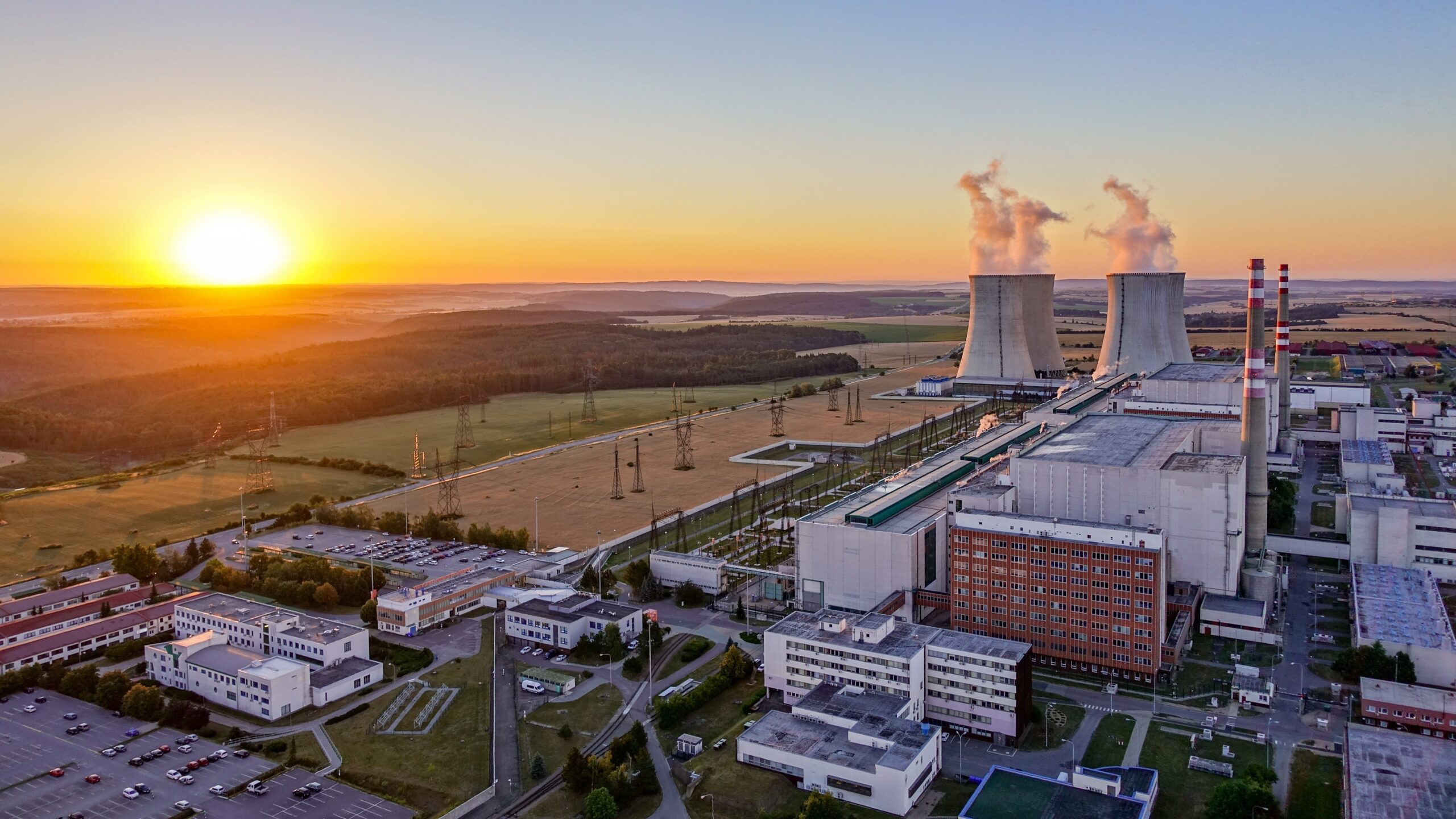ASTANA – Kazakhstan continues working on constructing its first nuclear power plant. The Ministry of Energy shared up-to-date information on the progress of negotiations with potential partners, uranium reserve and personnel training, reported Kazinform news agency on April 2.

Photo credit: Shutterstock
International consortium for nuclear power plant
During the past year, negotiations were held with potential suppliers of nuclear technologies as part of the open competitive dialogue procedure to select a consortium to construct a nuclear power plant. From February to March, negotiations were held with representatives of CNNC (China), Rosatom (Russia), KHNP (South Korea) and EDF (France). Discussions have centered on various aspects, including personnel training, localization, financial arrangements, and technological solutions.
The final selection of the partners is expected to be made within the year, based on thorough consideration of all factors in the best interest of Kazakhstan.
Site selection and construction timeline
Kazakhstan has designated the Zhambyl district of the Almaty Region as the site for its first nuclear power plant. The ministry estimates the plant could be built within eight years. Kazakhstan plans to build three nuclear power plants and form a full-scale energy cluster.
“To determine potential locations for future nuclear power plants, a comprehensive analysis of the regions will be carried out, considering factors such as projected energy demands, economic growth rates, demographic trends, and other relevant regional factors. The demand for energy resources is growing every year in Kazakhstan. Many thermal power plants are outdated and heavily worn out, so they have been operating at the limit of their capabilities for a long time. They do not solve the problem of a significant increase in capacity. The electricity deficit can be compensated for by building nuclear power plants,” the ministry’s statement reads.
Uranium resources and strategic reserves
A strategic uranium reserve will be established to support the operation of the plant. The uranium will be stored as ore, not enriched, per international standards.
Kazakhstan, a global leader in uranium production, ranks first in uranium mining, accounting for 40% of the global output. The country’s uranium reserves represent 14% of the world’s total. The construction of a nuclear power plant will allow Kazakhstan to utilize its vast uranium resources to secure its domestic energy supply.
Personnel training
The ministry reported that specialists are trained through 18 educational programs in physics, power engineering, electrical engineering, and mining engineering. For the 2024-2025 academic year, 5,246 educational grants have been allocated for these disciplines, with 4,530 grants for bachelor’s degrees, 590 for master’s degrees, and 126 for doctoral degrees.
Training is conducted in domestic universities and international institutions specializing in nuclear technology. Since 2024, Kazakhstan has sent students to countries such as France, the United Kingdom and the United States to pursue studies in nuclear industries under the Bolashak international scholarship program.
New nuclear safety bill
Mazhilis, a lower house of the Kazakh Parliament, is developing a new draft law on radioactive waste management, with amendments to nuclear safety regulations.
According to Mazhilis chairman Yerlan Koshanov, new legislative norms aim to create favorable conditions for the construction of a nuclear power plant while ensuring the highest safety standards following the International Atomic Energy Agency (IAEA) requirements.
“During the referendum on the nuclear power plant, the main matter that worried people was the safety of the nuclear power plant. Therefore, there was a need to legislatively regulate this area in accordance with the best international standards,” he said.
In this regard, the Mazhilis deputies visited the Institute of Nuclear Physics on March 31 in Almaty to become familiar with modern Kazakhstan’s developments in the use of peaceful atoms and to discuss approaches to drafting the bill with scientists.
During a discussion with the institute’s staff, several proposals were presented concerning the training of personnel for nuclear power plants, the management of nuclear waste, the implementation of new standards for nuclear industry products, and the establishment of conditions that would ensure the development of the nuclear sector in the country’s economy, given the best international practices.
